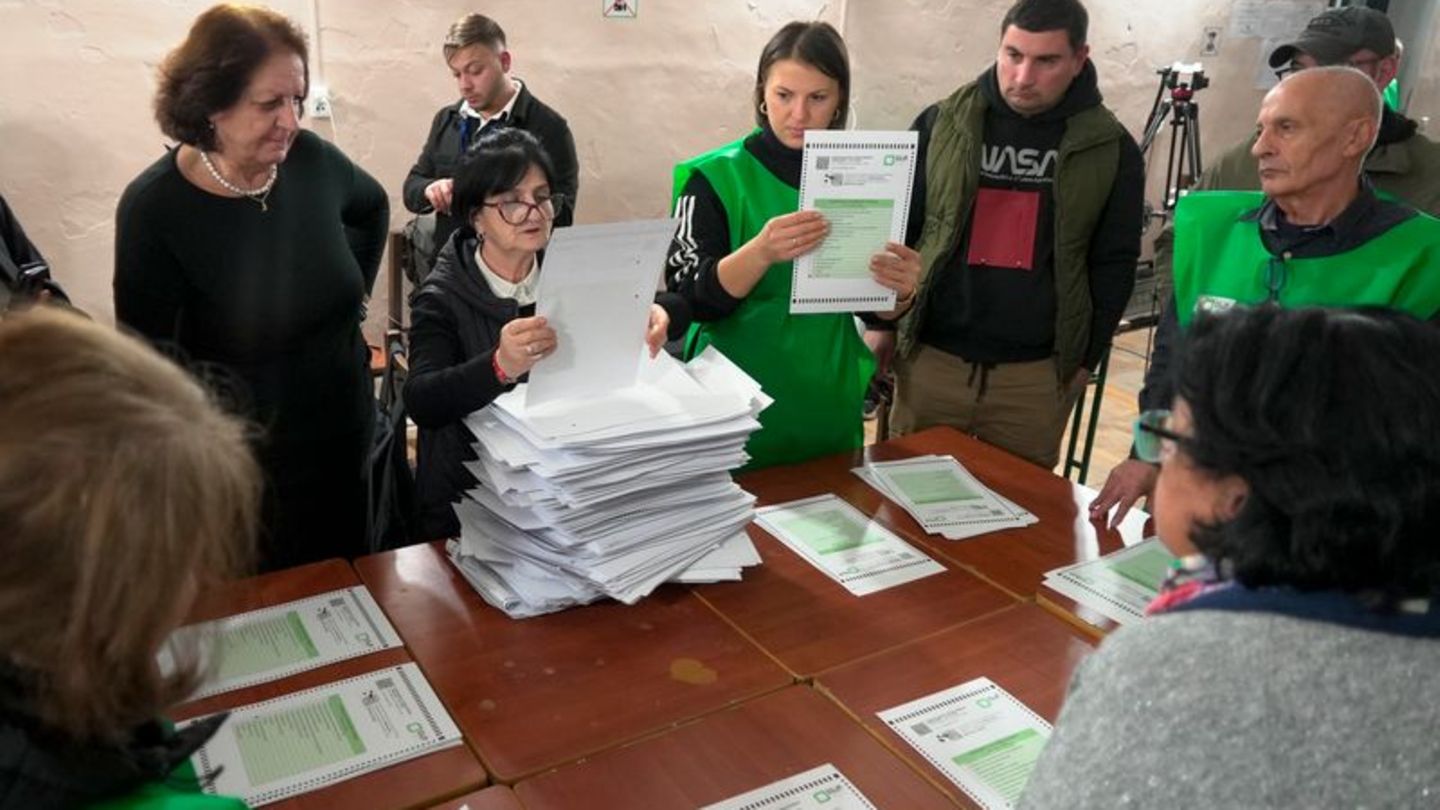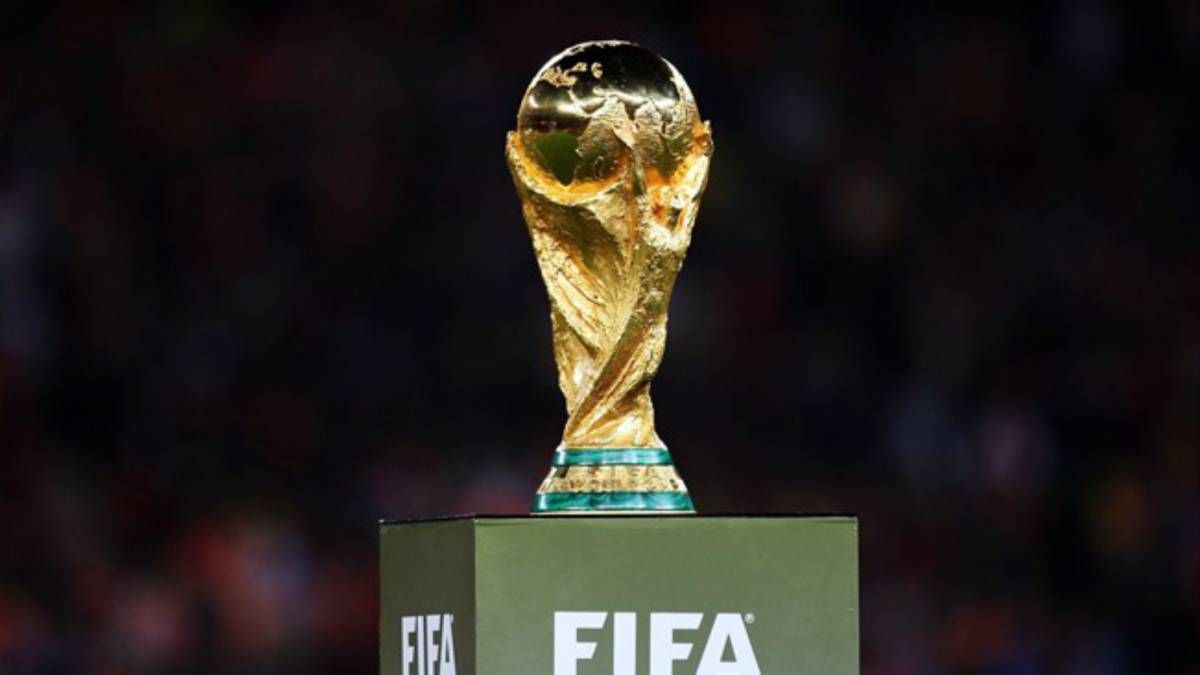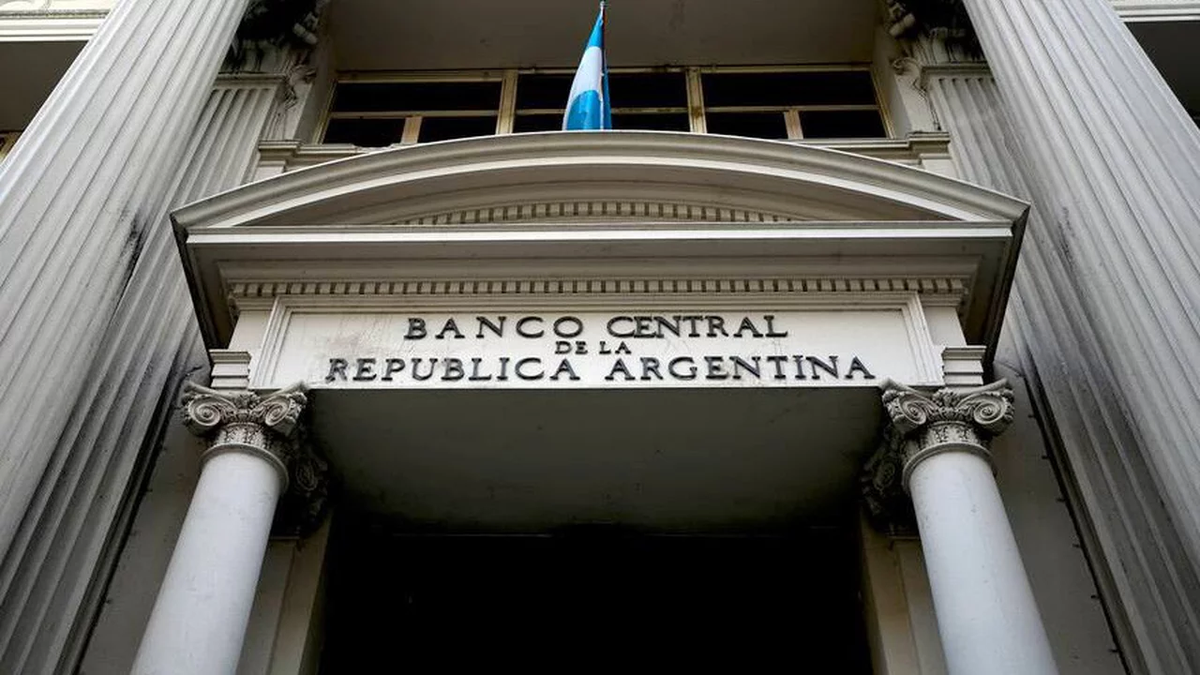The South Caucasus Republic of Georgia also voted on the country’s EU course in a fateful election. There is bitter dispute about the result. The pro-Western opposition now wants to fight.
In the South Caucasus republic of Georgia, which neighbors Russia, the pro-Western opposition and the national-conservative ruling party are fighting over the results of the parliamentary election. The electoral commission declared the ruling party of the country’s richest and most powerful man, Bidzina Ivanishvili, the winner with around 54 percent of the vote. The various blocs of the pro-European opposition did not recognize the result. International election observers and Georgian non-governmental organizations complained about a number of electoral violations.
Pro-Western President Salome Zurabishvili said after the publication of post-election surveys that the opposition would get 52 percent of the vote and could form a pro-Western majority in parliament. In contrast, the electoral commission saw the four opposition blocs that made it over the five percent hurdle only at over 37 percent.
Shortly after the polls closed, Ivanishvili presented himself as the winner at a celebration in Tbilisi, without any meaningful results. The traditionally divided opposition fears that Georgia, under the leadership of the oligarch who has become rich in Moscow, will turn even more towards its neighbor Russia and finally deviate from its EU course.
A total of around 3.5 million Georgians at home and abroad were called to vote. According to preliminary information, voter turnout was around 59 percent – three percentage points higher than in 2020. The country on the Black Sea has 3.7 million inhabitants and has been a candidate for EU membership since the end of 2023. However, the accession process is on hold due to controversial laws.
Ruling party fueled fears of war with Russia
The ruling Georgian Dream party promised peace and stability during the election campaign – and fueled fears of war with Russia if the opposition won. Prime Minister Iraqi Kobachidze rejected allegations of election fraud. “Our victory is obvious,” he said. Even in the past votes, the opposition never had the size to admit defeat. The Georgian Dream party has been in power since 2012.
Kobachidze received congratulations on the victory from Hungarian Prime Minister Viktor Orban and from his neighbors in the South Caucasus: Azerbaijan’s President Ilham Aliyev and Armenia’s Prime Minister Nikol Pashinyan.
Opposition alliances want to fight for victory
The pro-Western opposition alliances announced that they would fight for victory. Although they are at odds with each other, their common goal is to get rid of the 68-year-old billionaire Ivanishvili and take a pro-EU course. The election management only obeyed Ivanishvili’s orders, said the head of ex-President Mikheil Saakashvili’s United National Movement party, Tinatin Bokuchava. An action plan for government opponents is being coordinated.
“The elections have been stolen from the opposition. This is a constitutional coup and an abuse of power,” said Nika Gwaramia of the Coalition for Change. The election was falsified according to a complicated technological scheme. He didn’t give any details.
OSCE observers criticize Georgia’s election
International and Georgian election observers criticized a variety of violations. The pro-European alliance Myvote, made up of various non-governmental and human rights organizations, complained that the result did not reflect the will of the voters.
In contrast, the election observers from the Organization for Security and Cooperation (OSCE) refused to make a judgment as to whether the vote was fair and free, despite repeated pressing questions from journalists. They pointed out that there were 18 lists of candidates on the ballot papers, including many opposition alliances. However, they complained about democratic regression compared to previous votes, including in electoral legislation.
The OSCE mission expressed concern about numerous irregularities. The experts complained, among other things, of intimidation of voters, pressure on authorities, violence against observers, vote buying, multiple voting and the stuffing of ballot papers into ballot boxes. The OSCE called for an investigation and called for further democratic reforms.
At the same time, head of mission Pascal Allizard praised the “democratic vitality” in the country and promised further help on the country’s path to the EU. Overall, the vote was well organized, said the Frenchman. Other observers also highlighted that civil society as a whole was strongly present to control the voting and counting.
EU accuses Georgia’s government of taking an anti-European course
The government blames ex-President Saakashvili’s largest opposition party, the United National Movement, for the war with Russia in 2008 and wants to ban it. At that time, Russia recognized the breakaway Georgian regions of Abkhazia and South Ossetia as independent states. Georgia lost 20 percent of its territory.
The EU accuses the country’s leadership of taking an anti-European course, and human rights activists have also complained about authoritarian tendencies. Despite massive protests, the government pushed through laws similar to those in Russia – including one to control the financing of non-governmental organizations and media from abroad, which is intended to prevent alleged influence from outside. The rights of gays, lesbians and other sexual minorities were also curtailed – to the delight of the Georgian Orthodox Church, which continues to have great influence in the country.
Source: Stern
I have been working in the news industry for over 6 years, first as a reporter and now as an editor. I have covered politics extensively, and my work has appeared in major newspapers and online news outlets around the world. In addition to my writing, I also contribute regularly to 24 Hours World.




